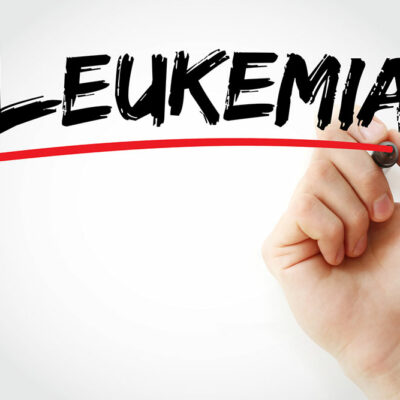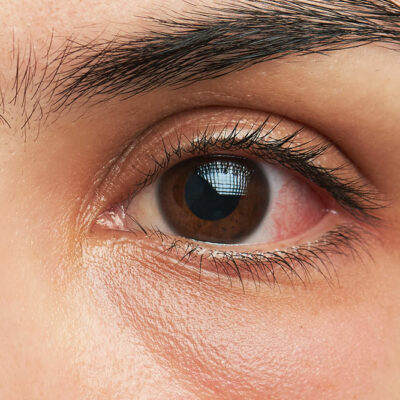
A brief guide to tuberculosis
Tuberculosis or TB is a disease caused by bacteria which spreads through contamination of air from person to person. It can be fatal if not treated on time. The people who are affected by the tuberculosis bacteria may not fall sick, but they still need treatment to prevent the development of this condition in the future. It is an infectious disease which mainly affects the lungs. The bacteria spreads through tiny droplets released into the air via coughs and sneezes. Due to HIV, tuberculosis infections have become more common as HIV weakens a person’s immune system and their body is incapable of fighting the TB germs. Patients with TB must take different types of medications for several months to eliminate the infection and prevent the development of antibiotic resistance.
Types
Doctors make a distinction between the types of TB:
- Latent TB: In this condition, the bacteria remain in the body but in an inactive state. It causes no symptoms. It is also known as inactive TB or TB infection. It isn’t contagious, but it may turn into active TB if one does not get the right treatment.
- Active TB: The bacteria makes the person sick, and such an individual can spread the infection to others.
Symptoms
Signs and symptoms of TB are coughing for more than three weeks, coughing up blood, chest pain, pain while breathing and coughing, fatigue, fever, weight loss, chills, night sweats, and loss of appetite. It can affect the kidneys, spine, or brain. TB in the spine might lead to back pain, and if it affects the kidneys, this condition may cause blood in the urine. The disease can be treated by taking medicines. People with TB must take their medications according to the doctor’s prescription. They may become sick if they stop their course of medicines mid-way as the bacteria may still be alive and may become resistant to those medicines.
Causes
This disease can be caused by bacteria spread through microscopic droplets released into the air by a person who has this condition. Tuberculosis is a contagious disease, but it’s not easy to contract this condition. A person is more likely to get tuberculosis from someone if they are living with or from someone who is working with them.
Risk factors
Some risk factors can increase the risk of the spread of tuberculosis bacteria:
- A weakened immune system cannot fight the tuberculosis-causing bacteria. HIV/AIDS, chemotherapy, diabetes, cancer, kidney disease, medications to prevent rejection of transplanted organs, Crohn’s disease, medications used to treat rheumatoid arthritis, psoriasis, and malnutrition can weaken the immune system.
- Poverty and living in an area with a lack of medical facilities and care can increase an individual’s risk of contracting TB. Homeless people also face a relatively high risk.
- Substance abuse (drug use and alcohol abuse) can also weaken the immune system and make it vulnerable to tuberculosis.
- Using tobacco significantly increases the risk of getting TB.


